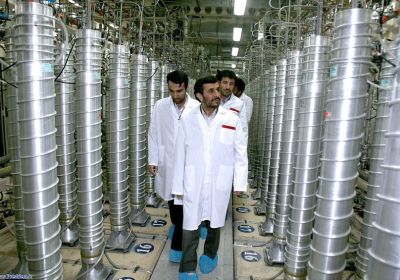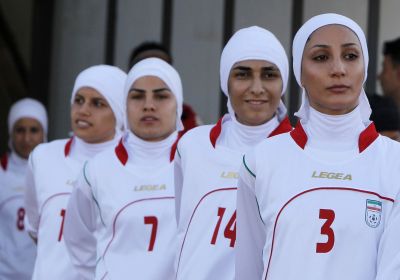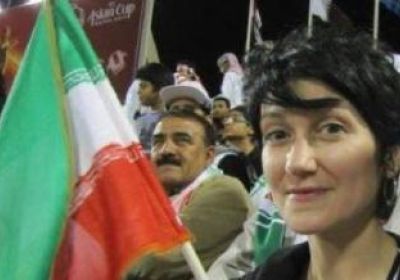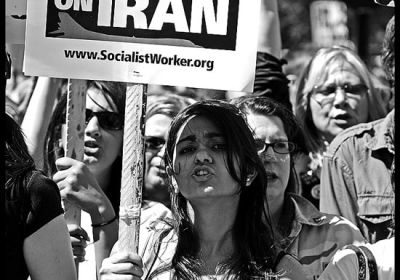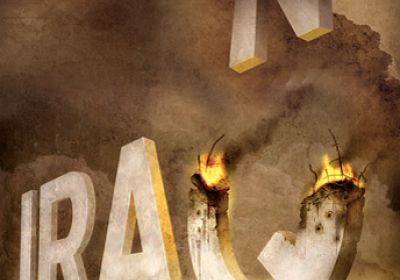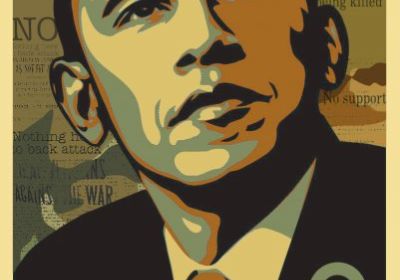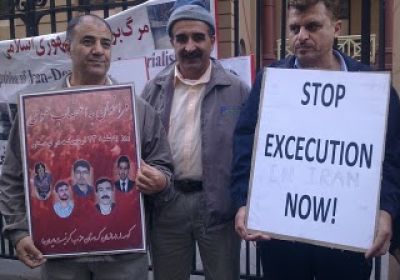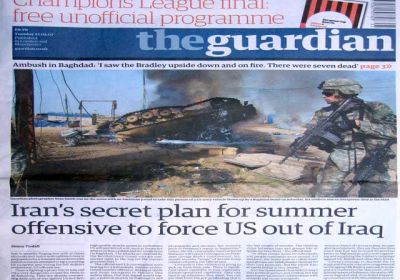
On 22 May 2007, the British Guardian's front page announced: Iran's secret plan for summer offensive to force US out of Iraq.
The writer, Simon Tisdall, claimed that Iran had secret plans to defeat United States' troops in Iraq, which included "forging ties with al-Qaeda elements". The coming "showdown" was an Iranian plot to influence a vote in the US Congress.
